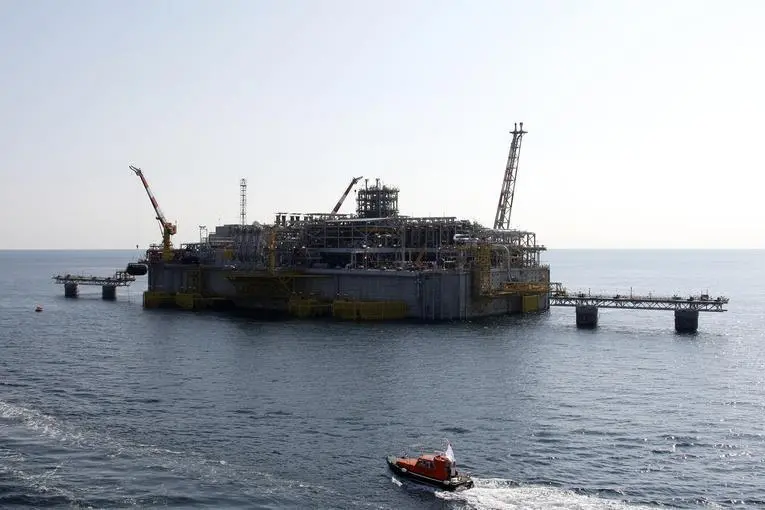PHOTO
DUBAI, July 23 (Reuters) - A sharp fall in oil prices at the end of last week may dampen Gulf stock markets on Sunday, while Qatar could pull back after events at the weekend failed to point to progress in resolving its diplomatic crisis.
Brent oil
LCOc1
fell 2.7 percent on Friday to $47.98 a barrel, while global stock markets stalled.
The United Arab Emirates on Friday welcomed Qatar's decision to amend its anti-terrorism laws, a potentially positive sign. But in a subsequent speech, Qatar's emir called for dialogue but gave no clear sign of a fresh initiative to end the crisis; UAE Minister of State for Foreign Affairs Anwar Gargash said Doha needed to change its policies before a dialogue could occur.
Qatar's stock market has already regained almost all of the losses it suffered after the crisis erupted on June 5, so room for further gains may be limited without a resolution of the dispute.
In the UAE, Abu Dhabi Commercial Bank
ADCB.AD
came in at the low end of forecasts by reporting a 10.4 percent fall in second-quarter net profit to 1.01 billion dirhams ($275.2 million); three analysts polled by Reuters had on average forecast 1.11 billion dirhams.
Dubai's Deyaar Development
DEYR.DU
reported a second-quarter net profit 35.2 million dirhams, down sharply from 60.3 million dirhams a year ago, although revenues surged.
But in Saudi Arabia, Saudi British Bank
1060.SE
may attract interest after proposing a cash dividend of 0.71 riyal per share for the first half, up from 0.35 riyal a year ago.
Egypt's Heliopolis Co for Housing and Development
HELI.CA
may also see buying after saying it would launch a housing project at New Heliopolis, and start marketing units during October. The three-phase project would be implemented in five years at a cost of about 2 billion Egyptian pounds ($112 million), bringing revenue of 4 billion pounds.
(Reporting by Andrew Torchia) ((andrew.torchia@thomsonreuters.com; +9715 6681 7277; Reuters Messaging: andrew.torchia.thomsonreuters.com@reuters.net))
Brent oil
The United Arab Emirates on Friday welcomed Qatar's decision to amend its anti-terrorism laws, a potentially positive sign. But in a subsequent speech, Qatar's emir called for dialogue but gave no clear sign of a fresh initiative to end the crisis; UAE Minister of State for Foreign Affairs Anwar Gargash said Doha needed to change its policies before a dialogue could occur.
Qatar's stock market has already regained almost all of the losses it suffered after the crisis erupted on June 5, so room for further gains may be limited without a resolution of the dispute.
In the UAE, Abu Dhabi Commercial Bank
Dubai's Deyaar Development
But in Saudi Arabia, Saudi British Bank
Egypt's Heliopolis Co for Housing and Development
(Reporting by Andrew Torchia) ((andrew.torchia@thomsonreuters.com; +9715 6681 7277; Reuters Messaging: andrew.torchia.thomsonreuters.com@reuters.net))





















